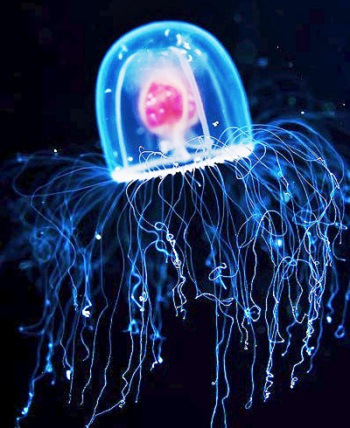The power of technology! Endless amount of time!
/arc-anglerfish-arc2-prod-pmn.s3.amazonaws.com/public/CDHUF5ZN35H3NESGSEM6FOUQGE.jpg)
We all know that one day we'll run out of time, and whether or not we realize it, we actually think about that a lot. That’s why some people want to work hard when they’re young; so they can retire earlier. And when we regret something we did, we can spend the rest of our life trying to make up for it. But while we all understand that our time is limited, the human brain actually prevents us from envisioning our own eventual demise, making the thought of death only applicable to everyone else. And on top of that, for a solid first thirty years of your life, the amount of time it takes for your frontal lobe to develop, your brain prevents you from fully realizing the consequences of your actions, causing you to believe you are invincible, which is a reason why many adolescents engage in such risky behavior. But what if we no longer had a limit at all? And with where we are now, with the sheer amount of discoveries we made in just a few hundred years, can we start actually considering that question?
And there are two parts of this word, immortality, that I think are important to discuss: if it's even possible for humans, and if it is, and its effect on us, and our world.
Immortality on Earth
Before I try my best to address this topic all of us ponder at one point, it's important to recognize that the possibility of immortality in life on Earth has already been confirmed. The Turritopsis dohrnii (Immortal jellyfish) is a species of jelly that can manipulate its inner clock to revert back to an earlier stage of life. The Planarian worm is a type of flatworm that replaces its own organs, in fact, its entire body, by keeping the telomeres the same length. Telomeres are regions of DNA located at the ends of chromosomes, in which every time a cell divides, get shorter, until (for humans) one day they won't be able to divide anymore leading to the demise of all the cells in the body. But unlike the planarian worm the human body doesn't have a mechanism that keeps telomeres the same length, so it can't biologically keep its cells alive. And we also can't just turn back the clocks like the immortal jellyfish can. Humans can't resist cell aging; not naturally at least. Only with artificial help can we stop our cells from reaching senescence (the cellular process of aging).
Turritopsis dohrnii (Immortal Jellyfish)
Planarian worm
Bioengineering
Some scientists believe that humans are much too complex for all of their cells to be manipulated to stop aging, and some are more determined. But a recent study focused not on postponing or eliminating our death dates, but rather on turning back the clocks (de-aging our cells). It was performed using a new method of reprogramming cells by actually making stem cells. They ensure that as cells biologically reverse their age, their function remains intact and can maybe even improve. At the end of this experiment, the rejuvenated cells were actually healthier and stronger than they were before, demonstrated by a larger amount of collagen protein produced by the cells. And even though scientists still need to know more about this process because of concerns about causing cancer, this shows that we can emulate the immortal jellyfish's process through science and technology. But scientists still need to perform more of this kind of experiment or those similar to it to use this method on humans.
So with all this being said...can we live forever?
I've talked a lot about the biological aspects of extending the human lifespan, but what if we center in on just the brain for a moment? We basically live inside our brains more than anything else; that's where we can truly experience the essence of life as we know it by thinking and feeling (emotionally) and processing all that approaches us. So what if there was a way to separate all our consciousness from our body, stripping away all worries and discussion about sustaining life biologically in our physical bodies. as of 2023, there have been enough technological advancements in the past 20 years for the projected future to seem almost overthrown by it. Specifically, that date is called the singularity, a time when AI technology will become advanced enough to exceed human intelligence. Ray Kurzweil, a futurist who uploaded a Youtube video about this topic, believes it is likely that this will happen in the next 7 years! And when it does, humans might be able to transfer themselves to a digital medium and live forever that way. WHAT???
I don't know how much of this I'll see in my lifetime, but I still think it's interesting to think about what the future will look like and what new luxuries- or new fears- they will have.





No comments:
Post a Comment